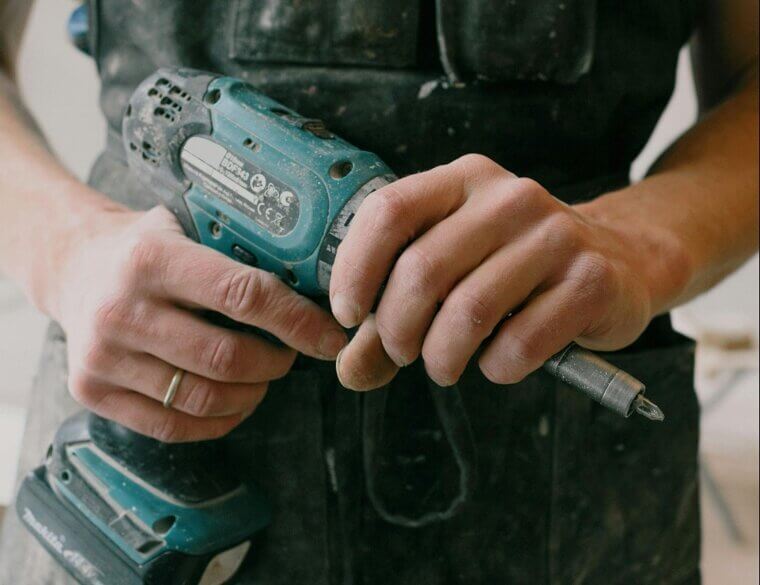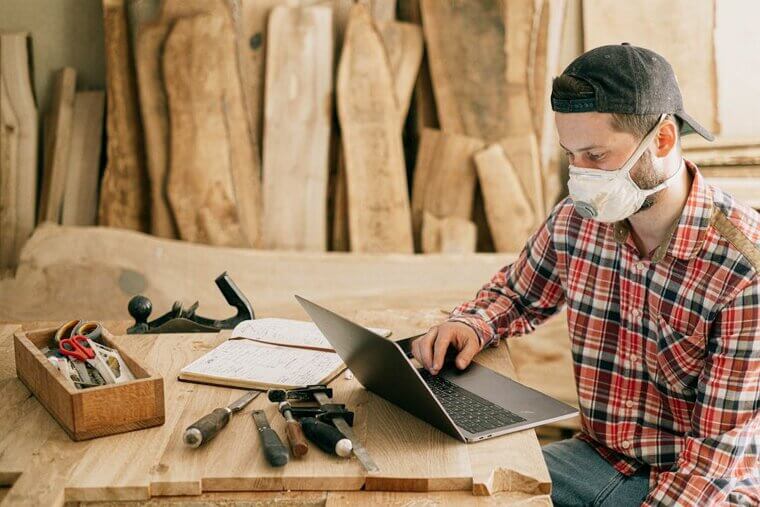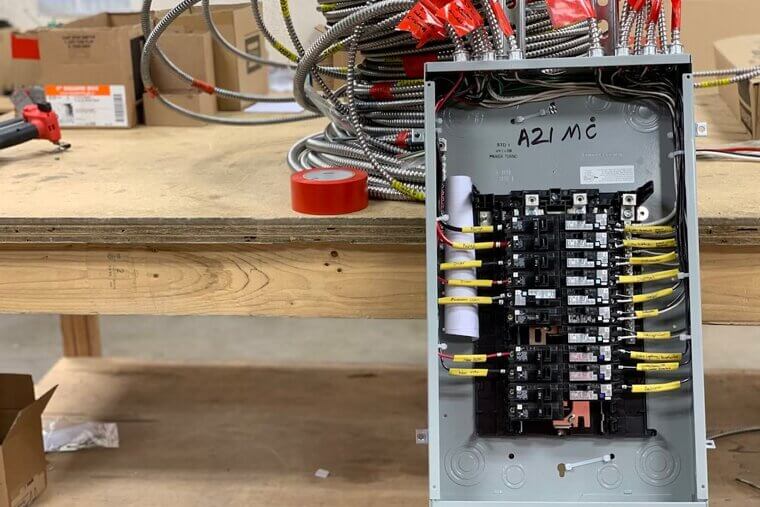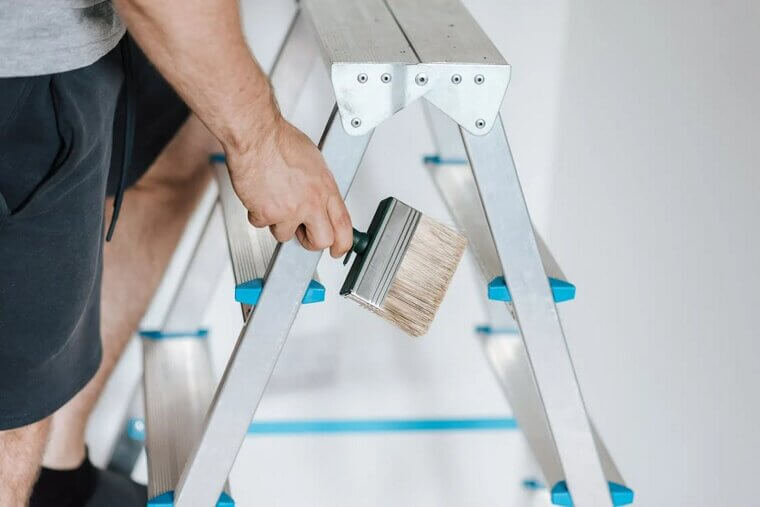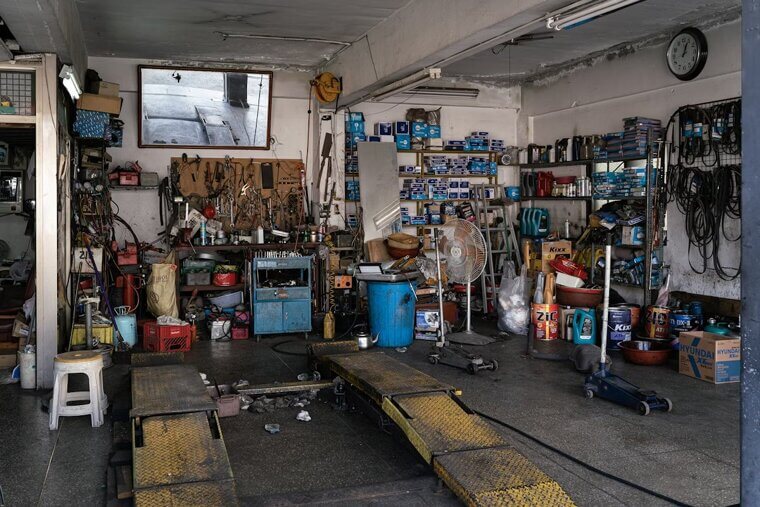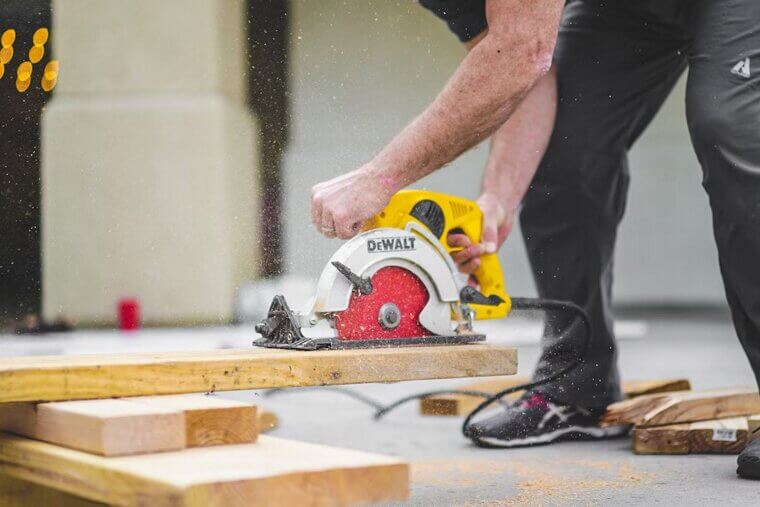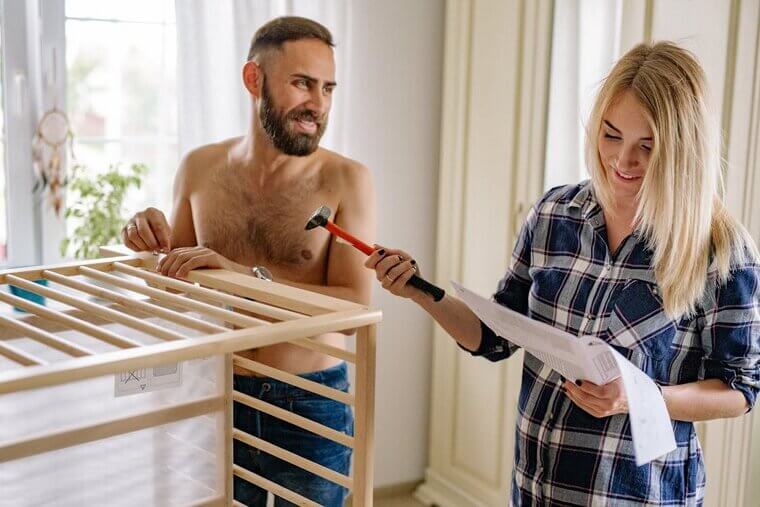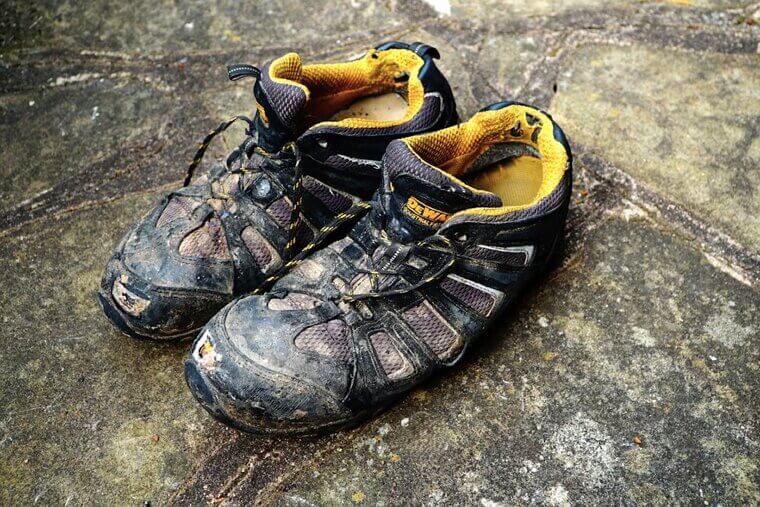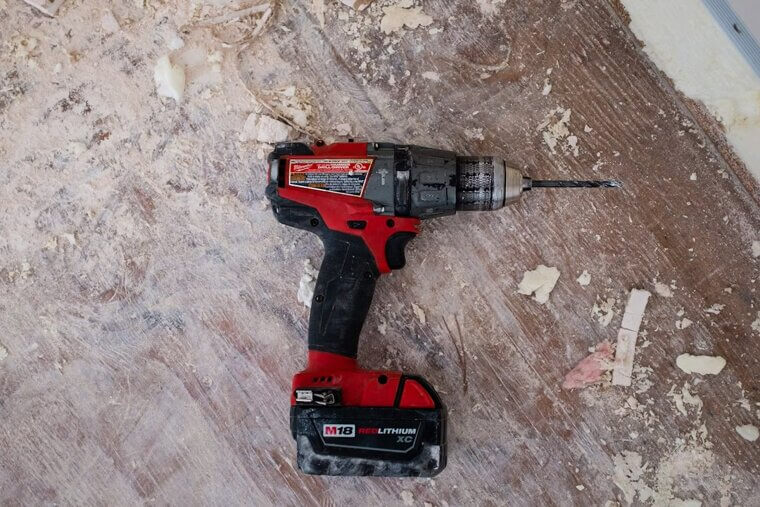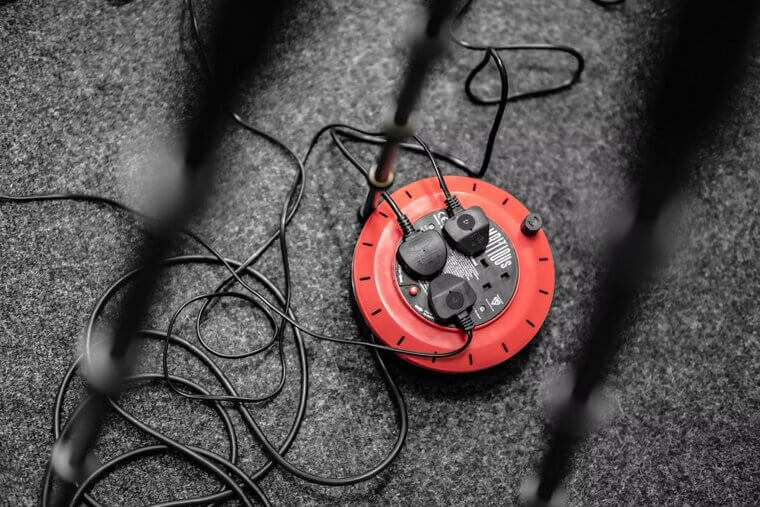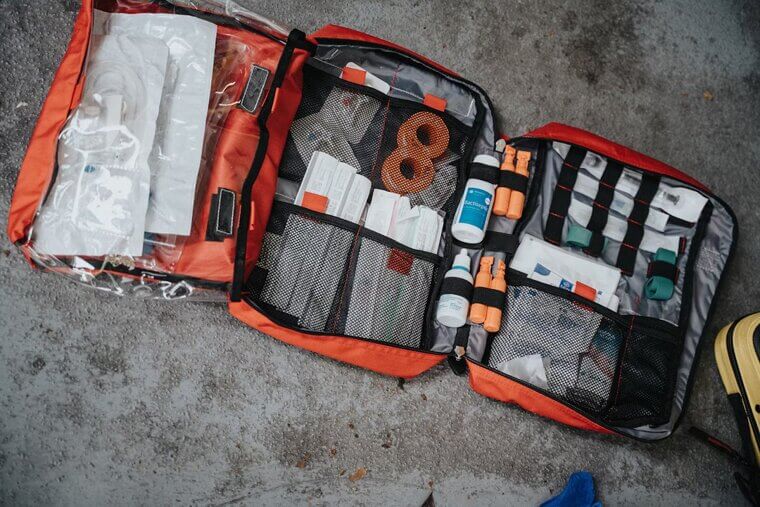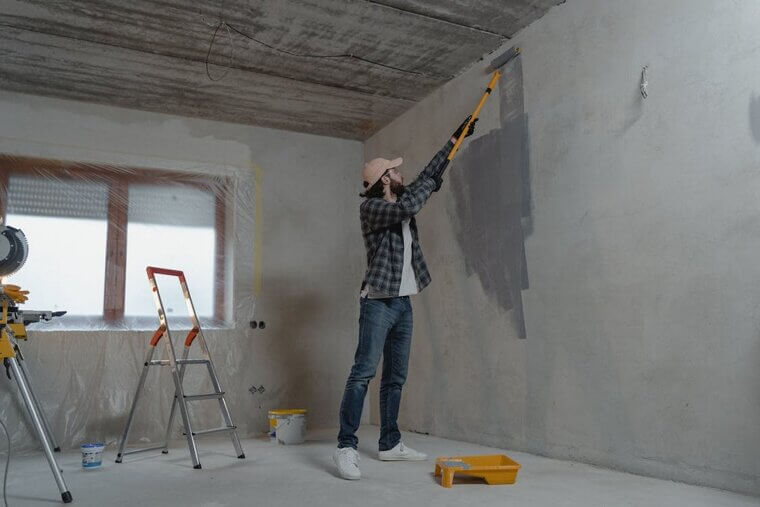Safety Is Key
Safety in DIY isn’t what it used to be. In many cases, it takes a back seat – and then something goes horribly wrong. People end up paying thousands of dollars in medical bills all because of one small mistake. Follow these tips for a safer workplace… you simply can’t risk your health.
Always Wear Eye Protection
So, so many people neglect eye protection – and then they get something in their eye. Don’t be one of those people; you’re seriously risking blindness. Whatever “easy” task you’re doing, debris has a way of heading straight for your face and it’s your job to stop it.
Don’t Skip the Dust Mask
Breathing in sawdust, insulation fibers, or paint fumes isn’t doing your lungs any favors at all. Even a quick sanding job can send fine particles into the air… and straight into your respiratory system. A simple mask can make a big difference over time, especially if you’re working indoors.
Turn Off Power Before Electrical Work
Flipping the switch off isn’t enough. If you’re changing an outlet or working near wires, kill the power at the breaker box. It only takes one surprise jolt to land you in the ER… or six feet under. You can’t take any chances when it comes to electricity.
Use the Right Ladder for the Job
Standing on a wobbly chair or balancing on tiptoes is asking for trouble. Use a ladder that’s tall enough, rated for your weight, and stable on the ground. And whatever you do, don’t lean too far to one side. That one little mistake could get you a broken leg or worse.
Keep Your Work Area Clean
A cluttered workspace isn’t just annoying… it’s dangerous. Loose tools, cords, and debris can trip you up or cause you to knock things over. Take a few minutes to tidy as you go along, and you should reduce the risk of injury. Plus, it's easier to find the tape measure when it's not buried under a mess.
Never Bypass Safety Features on Tools
That blade guard might seem like it’s in the way, but it’s literally there to keep your fingers attached. Disabling safety switches or removing guards to “make it easier” is just asking for a trip to the ER. If a tool’s safety feature is slowing you down, it’s probably trying to tell you something.
Don’t Work Alone on Risky Projects
Some jobs are just safer with a friend around - like climbing ladders, using power saws, or lifting heavy things. If something goes wrong and you're alone, help might not come quickly, but your friend can dial 911 for you. A second set of eyes can also catch mistakes or spot hazards you might’ve missed.
Read the Instructions
Nobody wants to read a boring manual, but skipping it can lead to dangerous mistakes - especially with power tools or chemical products. That five-minute read could save you hours of frustration, or worse, a painful injury. The information has been provided for you, so you should use it.
Wear Proper Footwear
Flip-flops and DIY don’t mix. Ever dropped a hammer on your toes? That’ll cure you. Closed-toe shoes - preferably with a decent grip - protect your feet from falling objects, sharp debris, and slipping accidents. Even something as simple-seeming as power washing requires decent shoes.
Know When to Call a Pro
There’s a fine line between “DIY enthusiast” and “ambulance ride.” Electrical rewiring, gas lines, and structural changes are jobs you shouldn't mess with unless you’re licensed and trained. Knowing your limits is part of being smart, not admitting defeat. Yes, it will cost you money, but sometimes money needs to be spent.
Store Tools Safely Between Uses
Leaving saws, drills, and blades out “just for a minute” is a recipe for disaster - especially if kids or pets are around. You don’t want to risk their safety, do you? Even unplugged, they’re very dangerous. You should stow sharp tools and dangerous materials away at all times.
Don’t Work While Tired
When you're tired or in a hurry, that's when mistakes - and accidents - happen. Trying to just finish one more thing while exhausted can lead to injuries or (not as serious, but still annoying) sloppy work that you'll regret. Make sure to take breaks and not rush.
Be Smart With Extension Cords
Too many people overload power strips or use indoor cords outdoors. That’s a fire hazard waiting to happen. Only use heavy-duty cords rated for your tool’s power, and keep them clear of sharp edges, water, and people. Really, children and pets need to be turfed out of the area.
Keep a First Aid Kit Handy
It’s not a matter of if you’ll nick yourself when DIYing- it’s when. So keep a first aid kit near your when you work and make sure it’s stocked on a regular basis. Bandages, antiseptic, gloves, and burn cream are a must. Remember it’s better to have it and not need it than the other way around.
Don’t Work in the Dark
Dim lighting leads to poor work, paint spills – and injuries. Always make sure your workspace is well-lit, especially for fine detail work or anything involving sharp tools. A good portable work light can be a total game-changer.

